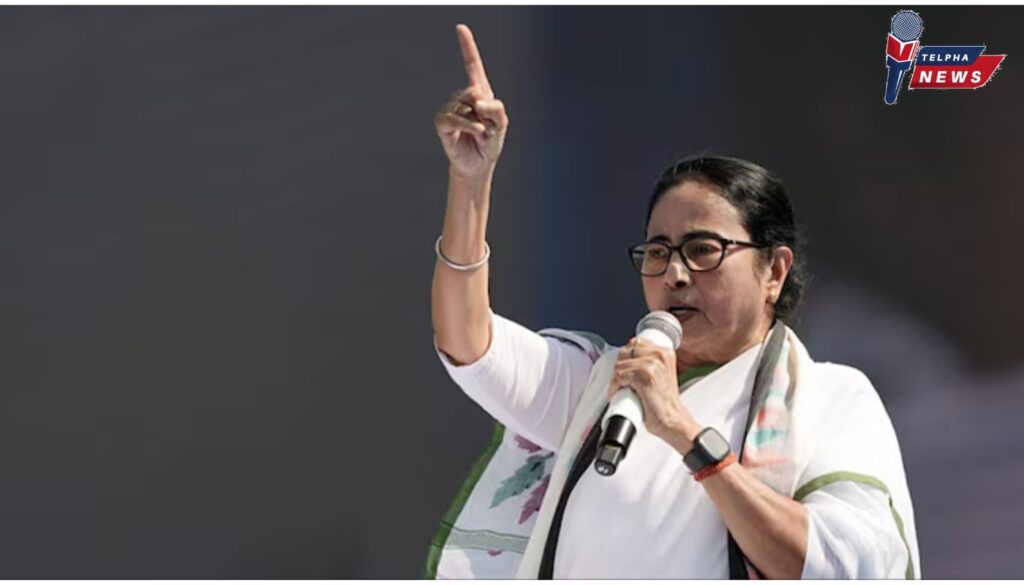
Introduction:
The fervor surrounding Ram Navami celebrations in West Bengal has once again ignited political tensions, with Chief Minister Mamata Banerjee raising concerns about potential riots and the BJP accusing her of undermining Indian culture. Against this backdrop, the state finds itself at a critical juncture, grappling with the intersection of religious festivities and political agendas.
A History of Confrontation:
Last year’s Ram Navami celebrations in West Bengal were marred by violence and political confrontations, setting the stage for heightened tensions this year. The clash between the BJP and the Trinamool Congress underscored the volatile nature of religious festivities in a politically charged environment.
Mamata Banerjee’s Allegations:
Chief Minister Mamata Banerjee’s warning of potential riots during Ram Navami reflects the deep-seated anxieties surrounding the event. Accusing the BJP of using riots and vote looting for electoral gains, Banerjee’s remarks highlight the underlying political motivations behind religious celebrations in the state.
BJP’s Response:
The BJP has vehemently condemned Mamata Banerjee’s remarks, accusing her of demeaning Indian and Sanatani culture. The party argues that Banerjee’s appeal for peace undermines the significance of Ram Navami and portrays it in a negative light, further exacerbating tensions between political factions.
Ram Navami Processions:
Despite the political tensions, both the Trinamool Congress and BJP have organized Ram Navami processions across West Bengal. The presence of leaders from both parties at these events underscores the strategic importance of religious festivities in mobilizing political support and galvanizing voter sentiment.
Security Measures:
Amidst the political rhetoric and religious fervor, police and security forces remain vigilant to prevent any untoward incidents. The peaceful conduct of Ram Navami processions thus far is a testament to the efficacy of security measures in maintaining law and order during sensitive occasions.
Conclusion:
As West Bengal navigates the complexities of Ram Navami celebrations against a backdrop of political polarization, it is imperative for stakeholders to prioritize peace and communal harmony. While religious festivities hold cultural significance, they must not be exploited for political gain or sectarian agendas. Only through dialogue, mutual respect, and adherence to the rule of law can the state overcome its current challenges and foster a climate of inclusivity and tolerance.
Note: The unfolding events surrounding Ram Navami celebrations in West Bengal underscore the delicate balance between religious sentiments and political exigencies. As the state grapples with these dynamics, it is essential for all stakeholders to exercise restraint and uphold the principles of secularism and democratic governance.